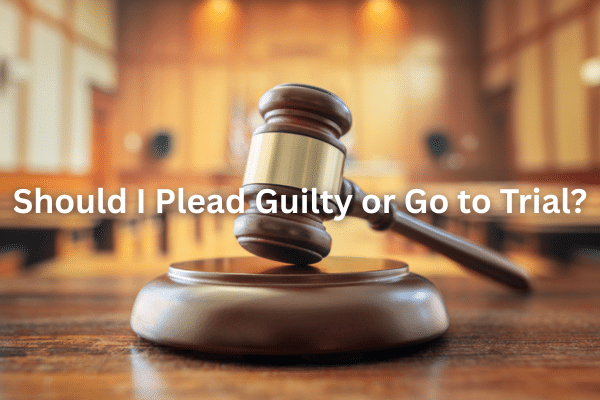

Everything starts with understanding the precise nature of the allegations against you. New York criminal statutes classify offenses as violations, misdemeanors, or felonies, each carrying vastly different potential penalties. A violation might mean a fine or short jail term; a felony can mean years behind bars and the loss of key civil rights. Knowing the statutory range is essential because it frames both plea discussions and trial strategy. Ask your attorney to translate legal jargon into plain language: What elements must the prosecution prove? Which sentencing guidelines apply? Clarity about the stakes lays the groundwork for an informed decision.
A case is never just about what happened—it’s about what the State can prove. Police reports, body-cam footage, lab results, and eyewitness statements all have vulnerabilities. Perhaps a lineup was improperly conducted or a search warrant lacked probable cause. Effective defense counsel will pressure-test every piece of evidence, looking for constitutional violations or forensic weaknesses. If key evidence is likely to be suppressed, the prosecution’s leverage drops and a trial becomes more attractive. Conversely, airtight proof (such as clear video footage) may tilt the scale toward negotiating the best possible plea.
When you plead guilty, you admit to the court that the State can meet its burden of proof. In exchange, you often receive a negotiated sentence, known as a plea bargain. Once accepted by the judge, a guilty plea creates a criminal conviction on your record that is difficult—sometimes impossible—to expunge in New York. You give up your right to trial, to confront witnesses, and to appeal most issues. While that sounds daunting, a plea can cap your exposure to harsh penalties, provide certainty, and speed up closure so you can focus on rebuilding your life.
A trial preserves your presumption of innocence and forces the State to prove guilt beyond a reasonable doubt. You and your attorney can challenge evidence, cross-examine witnesses, and present alternative narratives. That control can be empowering and, in some cases, the only path to complete vindication. Yet trials are inherently risky. Unforeseen testimony, juror biases, or last-minute evidence can sway outcomes. If convicted, judges often impose stiffer sentences than those offered in plea negotiations. Before opting for trial, weigh not only your likelihood of success but also the worst-case scenario if things go sideways.
A conviction’s impact extends beyond fines and jail. Professional licenses, immigration status, student aid eligibility, and even housing applications can all be affected. Sometimes a single misdemeanor renders you ineligible for certain jobs or graduate programs. Your attorney should map out these ripple effects so you understand how each option shapes future opportunities. Remember: an acquittal wipes the slate clean, but a guilty plea even to a reduced charge might still trigger lingering civil or administrative penalties.
Trials demand extensive attorney hours, private investigators, expert analyses, and time off work for court dates, which can strain finances. Family members may also shoulder emotional burdens, especially when proceedings drag on. Plea deals aren’t free either, but they typically involve fewer billable hours and a shorter timeline. Run a realistic budget with your lawyer and being candid about resources allows them to craft a defense plan that aligns with your means.
Television often portrays dramatic “gotcha” moments that flip a case on its head at the eleventh hour. In reality, successful defenses usually hinge on meticulous pretrial motions, expert testimony, and strategic negotiations, not last-second surprises. Likewise, many defendants fear that juries always side with police. Empirical studies show that juries are persuadable when defense counsel clearly exposes reasonable doubt. The bottom line: don’t base your decision on Hollywood scripts or street lore; lean on evidence, precedent, and professional analysis.
The attorney-client relationship is a partnership. Bring every concern to the table no matter how small it may seem. Share details about witnesses, timelines, and any mental health or substance-use issues that might become mitigating factors. A good defense lawyer will provide a candid assessment of strengths and weaknesses, outline likely plea offers versus trial outcomes, and respect that the final choice is yours. The best results often come when clients are proactive, organized, and transparent from day one.
If you’re wrestling with the question of whether to plead guilty or take your case to trial, you don’t have to navigate this alone. I’m Ed Palermo, and for more than 30 years I’ve helped Long Islanders face criminal charges with confidence whether that means securing a favorable plea or fighting relentlessly in court. Reach out for a free, confidential consultation, and let’s chart the strategy that protects your freedom and your future.